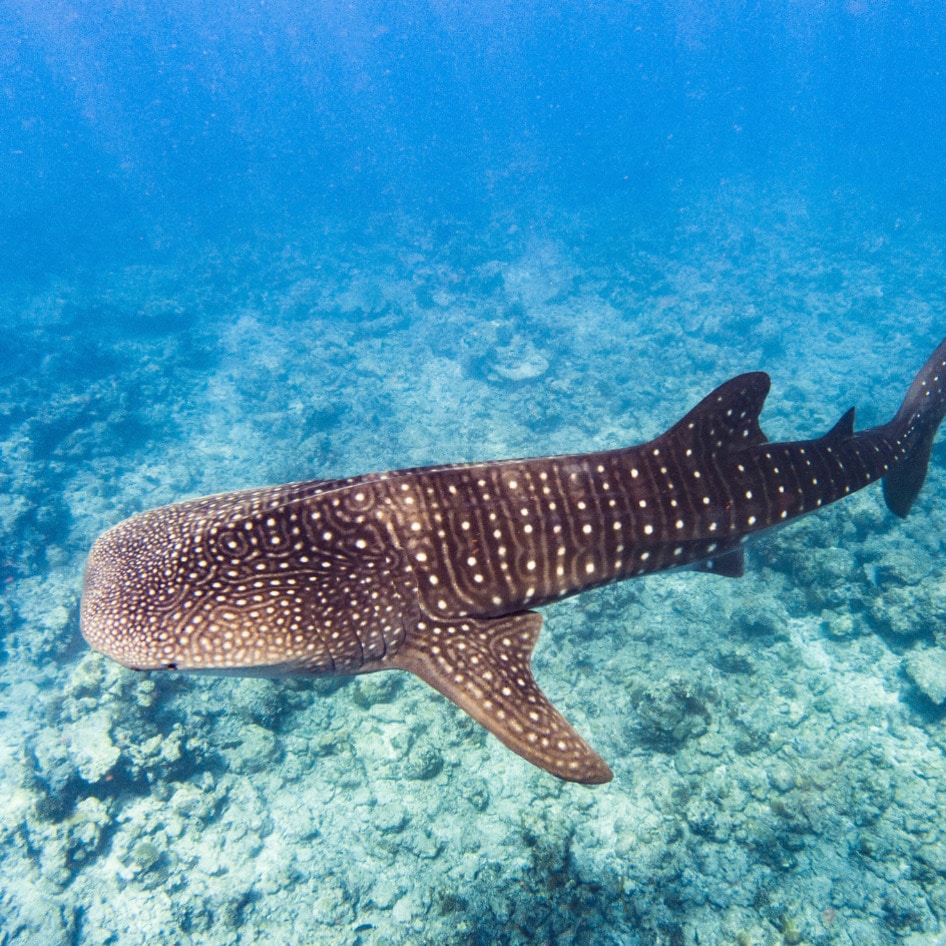Meat-Based Diets Destroying 60 Percent of Biodiversity
Snow leopards, giant pandas, giraffes, and more could cease to exist if animal-agriculture continues to expand.
October 9, 2017
A new report compiled by conservation organization World Wildlife Fund (WWF) found that meat-based diets are responsible for the loss of 60 percent of global biodiversity. The report, titled “Appetite for Destruction,” revealed that many species are soon to be extinct—if not already extinct—due to the planting of monocrops used as animal feed. “The huge amount of land needed to produce protein-rich feeds such as soy is having devastating effects on species and their habitats,” the report said, “especially in vulnerable areas such as the Amazon, the Congo Basin, and the Himalayas.” The report poses that humans are consuming far more protein than is recommended and predicts that if global demand for animal protein continues to grow, the agriculture industry would need to increase soy production by an unsustainable 80 percent. “In a world where more and more people adopt a Western diet—one that’s high in meat, dairy, and processed food,” the report said, “producing crops to feed our livestock is putting an enormous strain on our natural resources and is a driving force behind wide-scale biodiversity loss.” The report identified a large number of animals whose populations are threatened by crop expansion, including giant pandas, cheetahs, jaguars, giraffes, and snow leopards. To remedy the issue, the WWF recommends consuming more plants, adding that feeding plants to animals is an inefficient way to obtain protein.
JUMP TO ... Latest News | Recipes | Guides | Health | Subscribe







